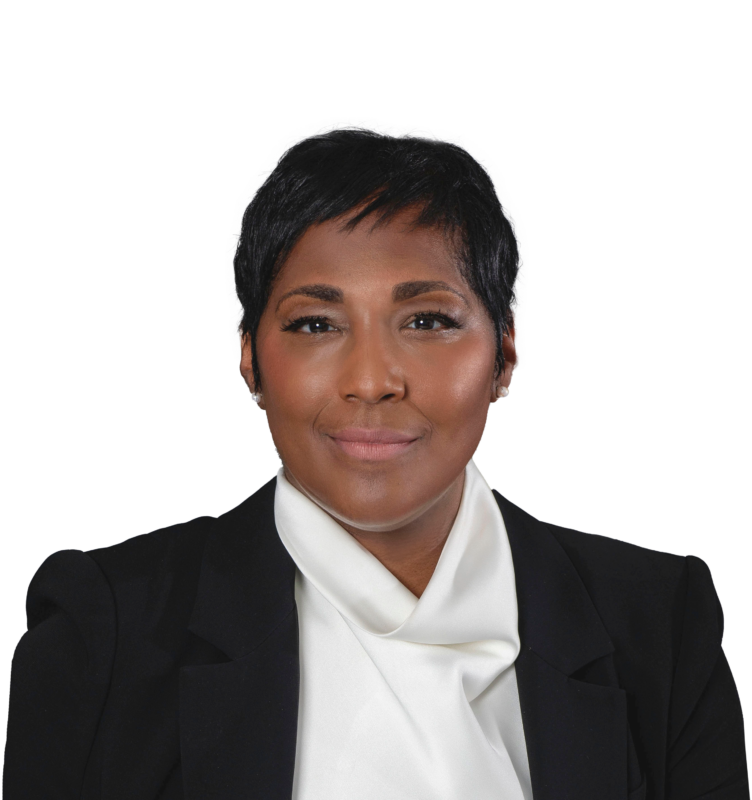The legal profession has long been a challenging yet rewarding path, particularly for women who aspire to make their mark in an historically male-dominated field.
While progress has been made, young women entering the profession still face unique obstacles — but also unprecedented opportunities.
 Sophia Greaves, the new head of insurance and reinsurance at Conyers, who has successfully navigated the complexities of the legal world, shared some inspirational and practical advice for those who are ready to step into the world of law.
Sophia Greaves, the new head of insurance and reinsurance at Conyers, who has successfully navigated the complexities of the legal world, shared some inspirational and practical advice for those who are ready to step into the world of law.
Your career has taken you from Bermuda to London and Hong Kong, and back to Bermuda. How has each location influenced your professional development?
London was the obvious choice for my legal studies. Following law school, I trained in London at Barlow Lyde & Gilbert LLP, which at the time was known as a market leading re/insurance firm.
During my second year at Barlow Lyde, I was offered a secondment opportunity in the firm’s Hong Kong office. I was excited to live in one of the most culturally and financially significant jurisdictions in the world. Hong Kong felt like the intersection between the East and West, with beautiful cultural juxtapositions at this intersection.
I decided to return to Bermuda in 2010 and my mentor, David Astwood, a former partner at Conyers, convinced me to join the firm. I am extremely thankful to him for steering me in the direction of Conyers. It was then and still is the best firm in Bermuda.
Transitioning between different legal markets and cultures can present challenges. What strategies did you employ to overcome any obstacles you faced?
I am a Christian and I believe in the power of God’s promise for our lives – in particular, the promise of prosperity, hope and a future. Prayer and faith in prayer have empowered me to re-engineer challenges into opportunities. My experiences are a testament that the discipline of practising prayer and faith engage the tools essential for navigating personal and professional challenges. Through prayer and faith, I have channelled a heightened sense of understanding, perspective, self-awareness, open-mindedness, compassion, adaptability and resilience. The dominant narrative is that we should confront change or transition with action: planning and execution. I strive for prayer to precede action and for action to be based in faith.
How did you approach finding mentors in the legal industry, and what qualities did you seek in them?
My relationships with mentors have evolved organically. I really value authenticity and transparency in relationships and, rightly or wrongly, I have never opportunistically identified and targeted a specific mentor or network. That said, I have always valued the importance of strong, genuine connections and, in some respects, I appreciate that one must be strategic in forging such connections. However, there is a difference between being strategic and opportunistic; there’s a difference between a transactional relationship and one in which mentor and mentee are genuinely vested in each other so that the relationship is the reward, rather than the perceived benefits of the relationship.
The qualities in my mentors which have inspired me have been relatability, a proven track record of executing on goals and a strong value system. I would add that I have had mentors both within and outside of international business because I think that diversity of perspective is an important component within the mentor/mentee relationship.
Now, as a leader yourself, how important do you feel it is that professional women – and in the legal field in particular – support each other and create opportunities for the next generation?
As a leader, being in a position to uplift other women is a privilege. I think with leadership there comes a responsibility to use influence as a currency within our organisations and the wider community to advocate on topics impacting women. Of course, women in leadership tend to be extremely busy so it’s not always easy to find the time to mentor young women. However, mentorship isn’t the only example of paying it forward. Other examples are a female leader giving a junior employee tips to better position herself for promotion, taking the opportunity to openly praise another woman for her work, or recommending a woman for a board seat.
How do you recommend that professional women approach work-life balance and long-term career growth?
Pace is important because building a successful career and sustaining success is a marathon, not a sprint. Early on in my career, my mother emphasised the importance of establishing a sustainable pace and managing expectations accordingly. It’s important to take things in stride and take a long view in terms of how your effort is exerted. It’s important to be able to discern when to push, when to pull, when to give and when to take. It’s important to set boundaries, which are authentic to who you are and your key priorities alongside your career. The exercise of setting boundaries also comes with an honest conversation with yourself and an honest expectation of when and what you should expect from your career. Above all, maintain perspective and take care of your mental and physical health. A career isn’t success if it comes at the expense of your wellbeing.
What legacy do you hope to leave for women in the legal profession?
I want my legacy to be that I reached the heights of the legal profession in Bermuda with grace and authenticity. I also want to be known for being a true advocate for women and people of colour in corporate spaces. Finally, it is important for my legacy to be a reminder of how important it is for leaders to invest in their people and to take the time out to understand their priorities and aspirations. The most impactful leaders have the ability to inspire other people to achieve the best versions of themselves. That’s true leadership and the making of a lasting legacy.

